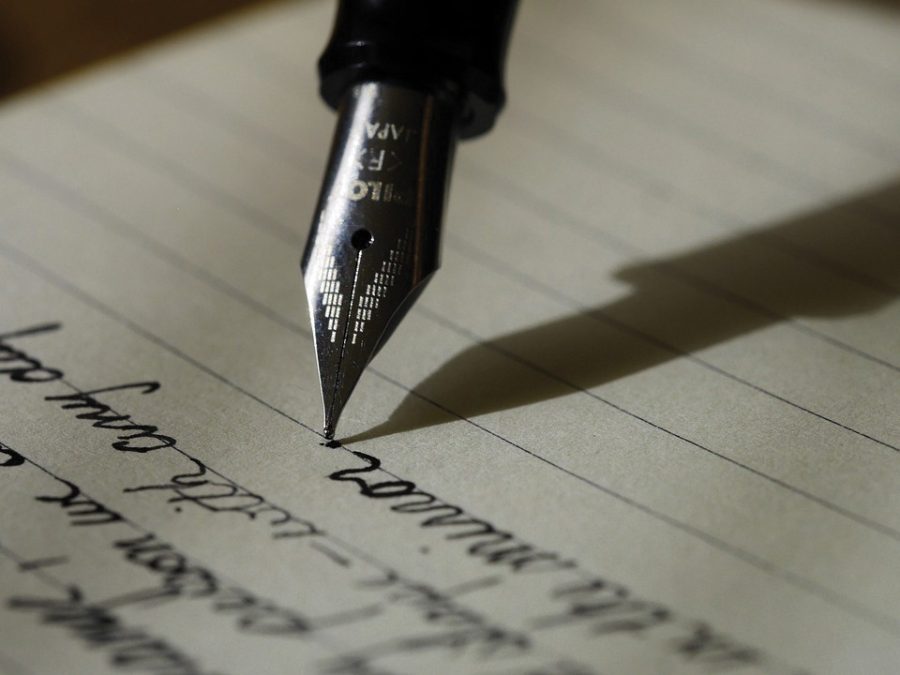Every year at the Tucson Festival of Books, a writing competition is held so authors can compete for the title of “best writer,” and to possibly have a chance for their own writing to be showcased at the festival.
The winners of this year’s Tucson Festival of Book’s writing competition were revealed on Jan. 30. For each genre — poetry, nonfiction and fiction — there was a first, second and third place winner.
Winners received $1000, $500 and $250 respectively, as well as a scholarship to the Master Writing Workshop which is held in the two days after the festival, March 12 and 13.
The workshop is a chance for aspiring authors to get advice from five established authors who conduct small group sessions, provide feedback to writers and offer advice, according to the Tucson Festival of Books website.
RELATED: ‘I, a Squealer’ gives the other side of the Pied Piper Murders of Tucson
Sarah Wallman, the first-place winner in the fiction category, wrote a book called “Birth Stories.” Wallman said her 4,000 to 5,000-word story was written in only three or four days.
“It’s stuff I’ve been thinking about for a long time, so when it’s ready to be written it’s just ready to come out,” Wallman said.
One of the fiction judges for the competition, Kevin Canty, chose “Birth Stories” because the story is “sharply observed and very well-written,” Canty said. “But what drew me to this story was its unusual narration. This felt almost like a first-person-plural, a story in which the real protagonist was a group of women and not a single consciousness.”
Whitney Kerutis won first place in the genre of poetry. She is currently a graduate student and teacher at the University of Colorado.
Kerutis began writing poetry at the age of 9, and now uses those poems to show her students elements of what make a bad poem.
“We can look at it and correct it, but it’s a nice humble beginning I suppose,” Kerutis said.
Kerutis has been working on her story, “The Auctioneer’s Daughter and other poems,” for about six months.
RELATED: Poetry Center starts spring with a full calendar
“[The poems in the book] are concerned with this idea of what is the body that is behind the language,” Kerutis said. “It’s a lot of the poet speaking directly with the reader.”
Emily Van Kley won second place in the poetry section for her work “Houseboat and other poems.”
Van Kley said that it usually takes her months or years for her writings.
Asked what “Houseboat and other poems” is based upon, Van Kley said, “Many of my poems are memoir-based and explore rural upper Michigan where I grew up, though lately I have been working a lot with themes around sexuality and gender, death, depression and technology.”
The other top 50 finalists in the competition receive an invitation to the workshop, which costs $300 without the fee waived.
Follow Shannon Sneath on Twitter








